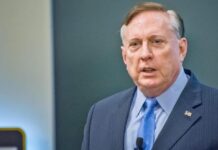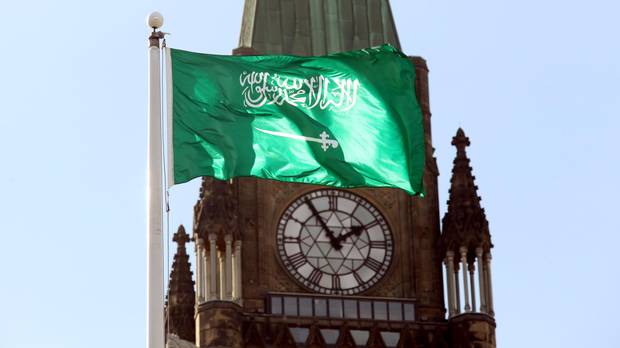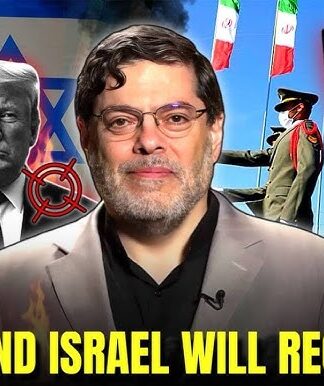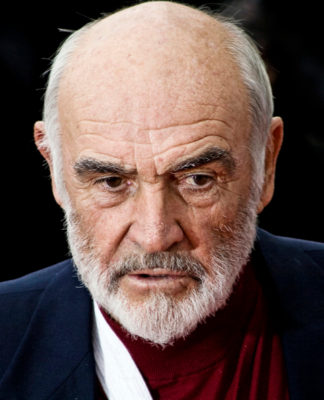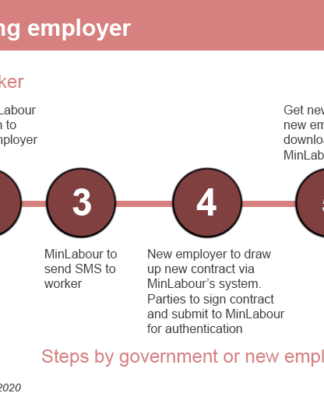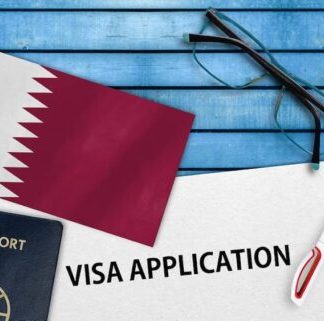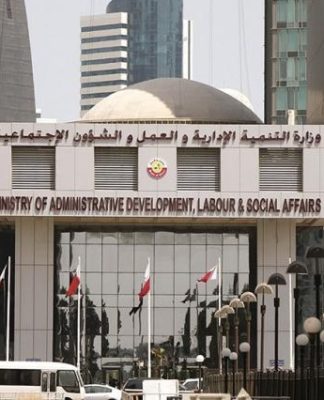The Saudi Arabian flag flew on Parliament Hill on Wednesday as Canadian public officials met with a state-backed human rights commission from the Mideast country, a controversial body that publicly supported the Islamic kingdom’s mass executions in January, 2016.
Human-rights advocates say they fear that treating the Saudi Arabian Human Rights Commission as a serious watchdog plays into the Riyadh government’s efforts to bolster its reputation at a time when it is accused of violating international humanitarian law with aerial bombing in Yemen, locking up dissidents and discriminating against women and religious minorities.
Canada’s relationship with Saudi Arabia has come under intense scrutiny in the past 18 months over a $15-billion deal to sell weaponized armoured vehicles to the kingdom, which has an abysmal human-rights record. The country’s chief envoy to Canada earlier this year called the contract a goodwill gesture to cement friendship between Riyadh and Ottawa.
On Jan. 2, 2016, mass executions in Saudi Arabia – the largest in decades – killed 47, including Sheikh Nimr al-Nimr, a dissident cleric critical of the House of Saud. Governments around the world, including Canada’s, condemned the actions.
The Saudi Human Rights Commission was quick to affirm the executions. In a statement issued by the state-controlled Saudi Press Agency, it said the verdicts “enforce justice, fulfill … legitimate and legal requirements, and protect the society and its security and stability.”
The head of the commission, Bandar Bin Mohammed Al-Aiban, made courtesy calls this week to Commons Speaker Geoff Regan and Senate speaker George Furey, but also met with Conservative foreign affairs critic Peter Kent. The green-and-white Saudi flag flew on the “courtesy flag pole” between Parliament’s Centre Block and East Block – standard protocol – on Tuesday and Wednesday.
On Wednesday, Mr. Al-Aiban met with International Development Minister Marie-Claude Bibeau, and with Patty Hajdu, Minister of Status of Women. The Canadian government said the pair would “focus on the importance of women and girls as powerful agents for change.”
According to Freedom House, a U.S. democracy watchdog, in Saudi Arabia “women are not treated as equal members of society, and many laws discriminate against them. They are not permitted to drive cars and must obtain permission from a male guardian in order to travel within or outside of the country.”
Foreign Affairs Minister Stéphane Dion’s office said Mr. Dion would meet with Mr. Al-Aiban on Thursday and discuss a “full range of human-rights issues,” including Raif Badawi, a writer whose immediate family lives in Canada. In recent years, he was sentenced to 10 years in prison and 1,000 lashes for “insulting Islam.”
That day, Mr. Al-Aiban will also be the special guest at a roundtable on human rights in Ottawa.
It is not clear the Saudi body will take a deep interest in Mr. Badawi.
The U.S. State Department said in a 2015 report that the Saudi rights commission focuses on “less politically sensitive” areas such as child abuse, child marriage and prison conditions, but “avoided topics, such as protests or cases of political activists or reformists, that would require directly confronting government authorities.”
One human-rights watchdog said the Saudi human-rights commissioners are “not necessarily the bad guys in the Saudi system” – given their work on matters such as child abuse. But, Adam Coogle, a researcher at Human Rights Watch, said they do “seem to be more interested in burnishing Saudi Arabia’s international image vis-à-vis human rights than actually advocating for necessary reforms.”
Mr. Dion said on Wednesday he is aware the Saudi commission supports the January mass executions.
“I am aware of all the difficulties and the trouble. It’s an additional reason to engage – to try to make improvement,” he said.
Asked if he was concerned that working with the Saudi body would help legitimize a group criticized for its lack of independence from Riyadh, the minister said he feels it is better to talk than to shun them.
“To the contrary, I will never miss an opportunity to see how we may improve the situation for the Saudis regarding universal human rights,” Mr. Dion said.







